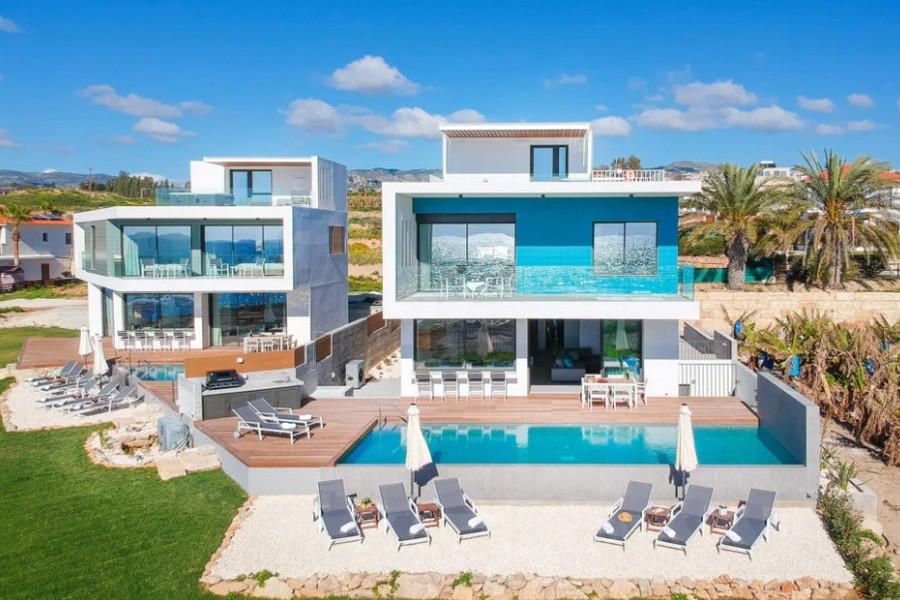Published on 03 Oct 2021, 07:16

Cyprus is definitely a lucrative destination for foreign investors to purchase property for quite a few reasons. It’s rustic charms combined with a subtle European air and Middle-Easten influences, its strategic location and its slow yet steady growth in the land development sector, make Cyprus a brilliant choice for property investment.
The Cyprus property industry may have been striked by the former 2008-2012 crisis and the previous 2020 Golden password scandal--where golden citizenship passwords were illegally granted to foreign investors for millions, but the vast potential of the sector for the next few years (2021-2025) will most likely remain intact value-wise.
However, you have to take into account some factors to determine if investing in Cyprus property is a good decision or not. The type of property you intend to buy as well as its location and district prices are the most important aspects to consider before you proceed with a purchase.
While Cyprus is a small island sparsely inhabited by less than 1m people (locals and immigrants), there are few seemingly minor but fundamental differences between the various districts and their respective cities property-wise. The cities with the most significant land growth are Limassol followed by the capital of Cyprus, Nicosia. However, the prices, especially for high-rise commercial buildings, are very high for most investors--the average price of an entire commercial building in Limassol (2000-4000 sq.m) is around 16m euro whereas in Nicosia the average selling price of a commercial building is approx. 12m euro. These commercial buildings in Limassol, based on our research, are also of very high investment risk and low ROI potential over a 10-year span. Many of these properties either remain unsold for years or a small number of separate office spaces and apartments are temporarily sold only to be foreclosed a few years later by their mortgage lenders. While these commercial buildings are in fair demand, mainly by foreign Forex and legal firms in Limassol, the investment risk is very high for an investor to purchase the entire building.
In the coastal districts of Paphos, Larnaca and Free famagusta region, the property landscape is significantly different. The districts and capital cities have a more traditional and vocational character with a high demand and supply of coastal and mountainous home properties at affordable prices. The commercial/business building growth in such districts is currently low but investing in the home property sector in Paphos or Larnaca is considered to be of lower risk and higher ROI odds compared to Limassol. The average price for a single 2-bedroom apartment is approx. 150.000 and between 200.000-600.000 euro for a 3-bedroom town house or villa in Paphos. In Larnaca and free Famagusta regions, the average price for a 2-bedroom apartment is 160.000 euro while the average price for a townhouse is between 180.000-500.000 and 230.000-500.00 for a 3-bedroom villa.
Due to the fact that Cyprus was a former U.K colony and a current E.U member state, the process of acquiring property for investment purposes is a mixture of U.K and European constitutional procedures. Compared to other Mediteranen zone countries like Greece and Italy, the legal process is less complex and bureaucratic but the property transactional fees on top of the property value itself are a tad higher- Cyprus Republic ranks somewhere in the middle among 30+ European countries with average property transactional fees costing anywhere from 3.5%-10.2% on top of the property’s price. These include title deed transfer fees, attorney fees, and stamp duties. The legal procedure of acquiring property in Cyprus as foreign investor is briefly as follows (applies to all districts):
Overall, if you are considering buying a property in Cyprus in 2022-2023, that is definitely a great time to do so and we predict based on current price marks that the values will not fluctuate much over the next 5 years, especially in Paphos and Larnaca coastal regions.